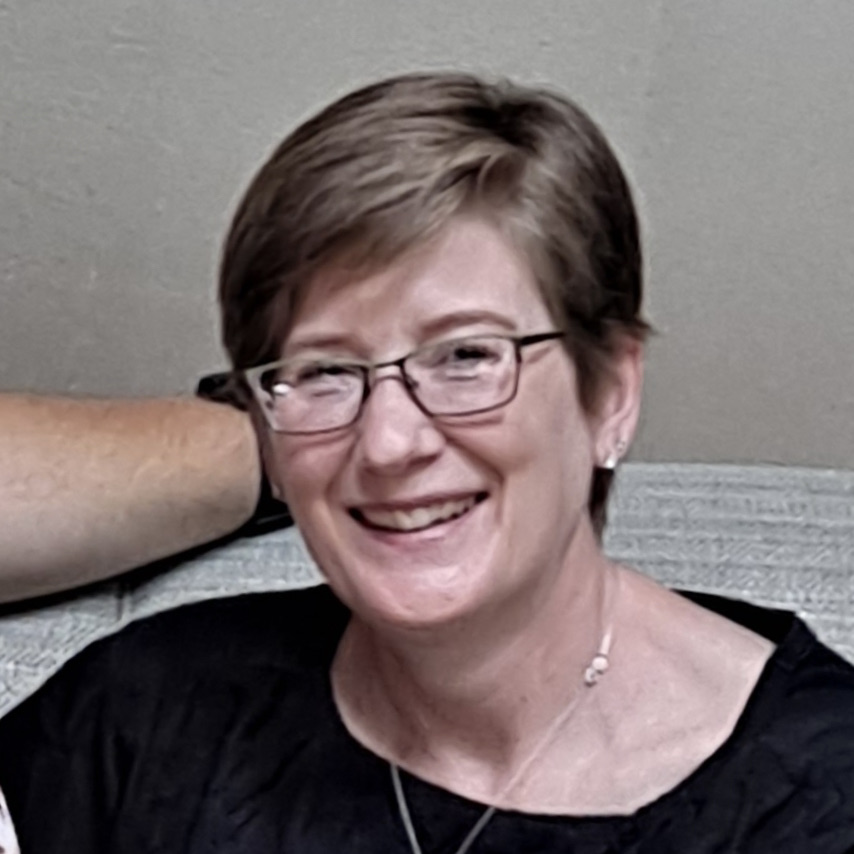
Who should be a voting citizen in ancient Athens? Should the British create a separate Muslim state during the decolonization of India? Should the Constitutional Convention of 1787 amend the Articles of Confederation?
Students have been wrestling with questions like these in papers and classroom discussions for years. Now they’re doing it through role-playing games (RPGs). Adelphi University professors in the College of Arts and Sciences are bringing games like these into their syllabi and the results have been exciting for students and teachers alike.
The basis of the pedagogy is Reacting to the Past, a series of games first developed by Barnard College in the late 1990s. Think an RPG like Dungeons and Dragons—with the professor as the dungeon master—rather than Model UN. The games aren’t scripted so there’s no fixed outcome. Socrates can be found not guilty and India isn’t split up.
With more than 75 games, the topics run the gamut across the millennia and around the globe and include politics, sociology, art history, ethics, human rights and STEM subjects. Games feature names like “Eyeball to Eyeball: The Cuban Missile Crisis, 1962,” “South African Constitution: The Collapse of Apartheid and the Dawn of Democracy in South Africa, 1993,” and even “The Pluto Debate: The International Astronomical Union Defines a Planet.”
Students are assigned roles—“Greenwich Village, 1913: Suffrage, Labor, and the New Woman” features Emma Goldman, Margaret Sanger and Big Bill Haywood, among others—that they research, write about and represent in class discussions.

Lahney Preston-Matto, PhD, a professor in the Department of English
“To gamify education is 100 percent sound, pedagogically, because the students still have to do all the research,” said Lahney Preston-Matto, PhD, a professor in the Department of English. “They have to write speeches and have to interact with other people and figure out solutions to whatever the issue is. If they fundamentally disagree, they have to see if there’s somebody else they could work with.”
The reason the games are so powerful, she said, is that students can’t just skate over the reading. “All of that interaction helps them to see how that’s happening in the literature. They’re forced to read it and engage with it in a contemporary way.”
Excited and Engaged

Traci Levy, PhD, associate professor in the Department of Political Science
The student response has been strong. Traci Levy, PhD, associate professor in the Department of Political Science, was one of Adelphi’s original adopters of role-playing games. The first game she played with students was “Threshold of Democracy: Athens in 403 B.C.” in her Politics, Empire, and Intrigue in Ancient Athens course. The enthusiasm was immediately obvious. The first thing she noticed was students coming early to every class.
“We would lose track of time. They would be lingering afterward,” she said. “Absences went way down. They were so engaged. There was so much buy-in to the game, it was really exciting.”
Dr. Preston-Matto found the same thing. “In last semester’s class, students were so mad when the game ended,” she said. “They were like, can we just add a day? I mean, they kind of love it.”
Lauren M. Rosenblum, PhD, a lecturer in the General Studies Learning Community, said she sees the same level of enthusiasm from her students. She teaches several games, including the Greenwich Village game, in her first-year seminars. “I tell them that winning or losing doesn’t matter. If they win, they don’t get a grade bump or anything. But they get very competitive and very fierce anyway. They’ll say, ‘I know it doesn’t matter. But I have to win.'”
To play the game, Dr. Rosenblum advises her students to set aside their personal interests. “Whether they would support labor or suffrage or whether they don’t care about politics at all, it doesn’t matter,” she said. “The game is not judging or assessing their own political or social belief system. The idea is for them to get to know the role they’re playing and what that person would do. It really helps students engage in a more open-minded way.”
Creating Their Own Games
Professors are finding unexpected benefits as well. Dr. Levy said she has a whole new outlook on material she’s taught for 20 years. Assignments are based on what the students have learned about their characters and in the game, said Dr. Preston-Matto, so she isn’t reading 35 versions of the same paper. It also means it’s nearly impossible to plagiarize.
“Everybody’s take is different, and they have to justify it,” she said. “When I sit down to grade everything, I think, I can’t wait to see what this person said about that. Because I know they were scheming behind the scenes. I want to know what they came up with.”
The larger community is supportive and Adelphi professors have attended conferences and workshops, playing the games themselves with professors from other institutions before trying them out in their classes. They’ve also created their own games.
Dr. Preston-Matto has developed a popular game using The Viking Sagas that is set in Iceland. Dr. Levy has created a game based on her work as a political philosopher that explores how public policies and political discourse intersect with caregiving in the United States. She has set up two working groups for developers of role-playing games from across the country.
Adelphi professors are also building a supportive community on campus. When Dr. Levy and Dr. Rosenblum were both teaching the Greenwich Village game, they arranged it so that students from either class could join the field trips to the Tenement Museum and Greenwich Village.
“What is really wonderful about the role-playing games is that students are doing their individual work, but they’re also really affected by their exchanges with one another,” said Dr. Rosenblum. “It highlights how the classroom can work as a community. In addition to learning reading, writing and history, they’re also learning how to learn differently. They’re learning how to engage with a community—and why that matters. The game teaches them citizenship and the complexity of living an ethical life.”